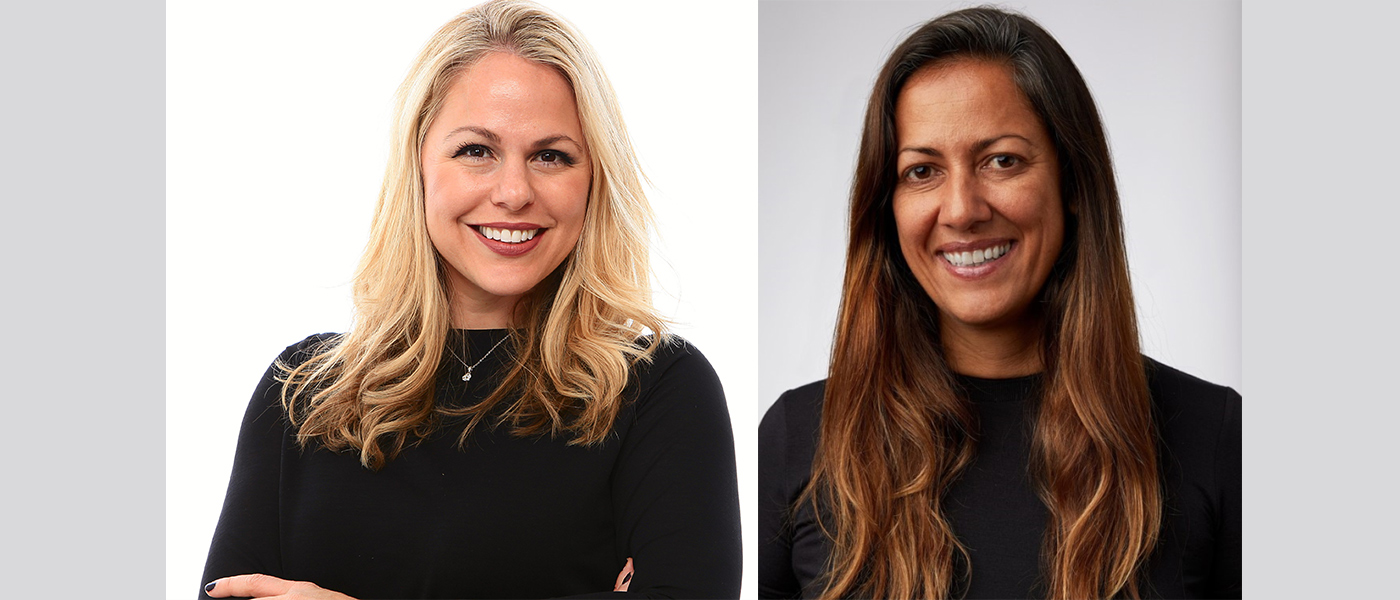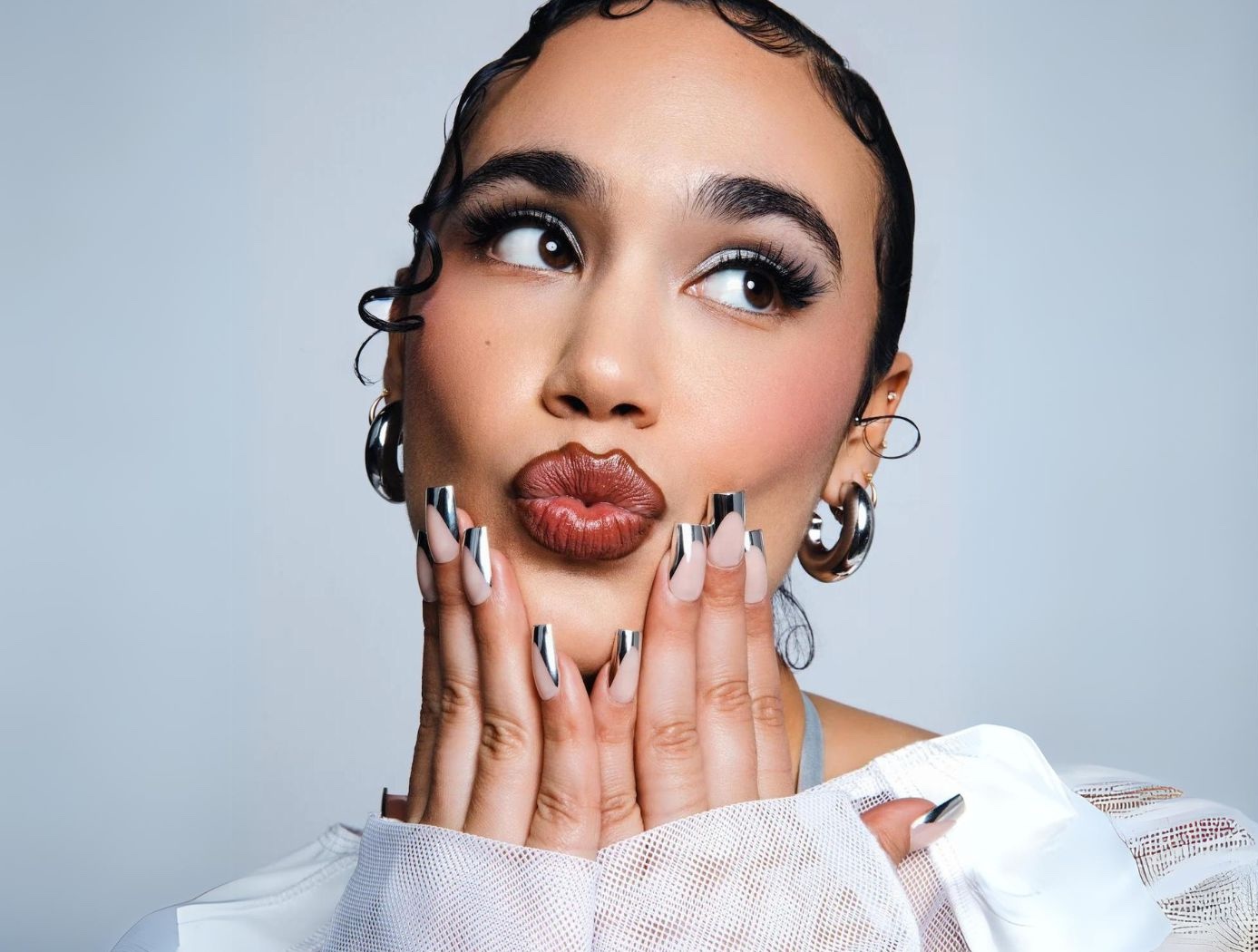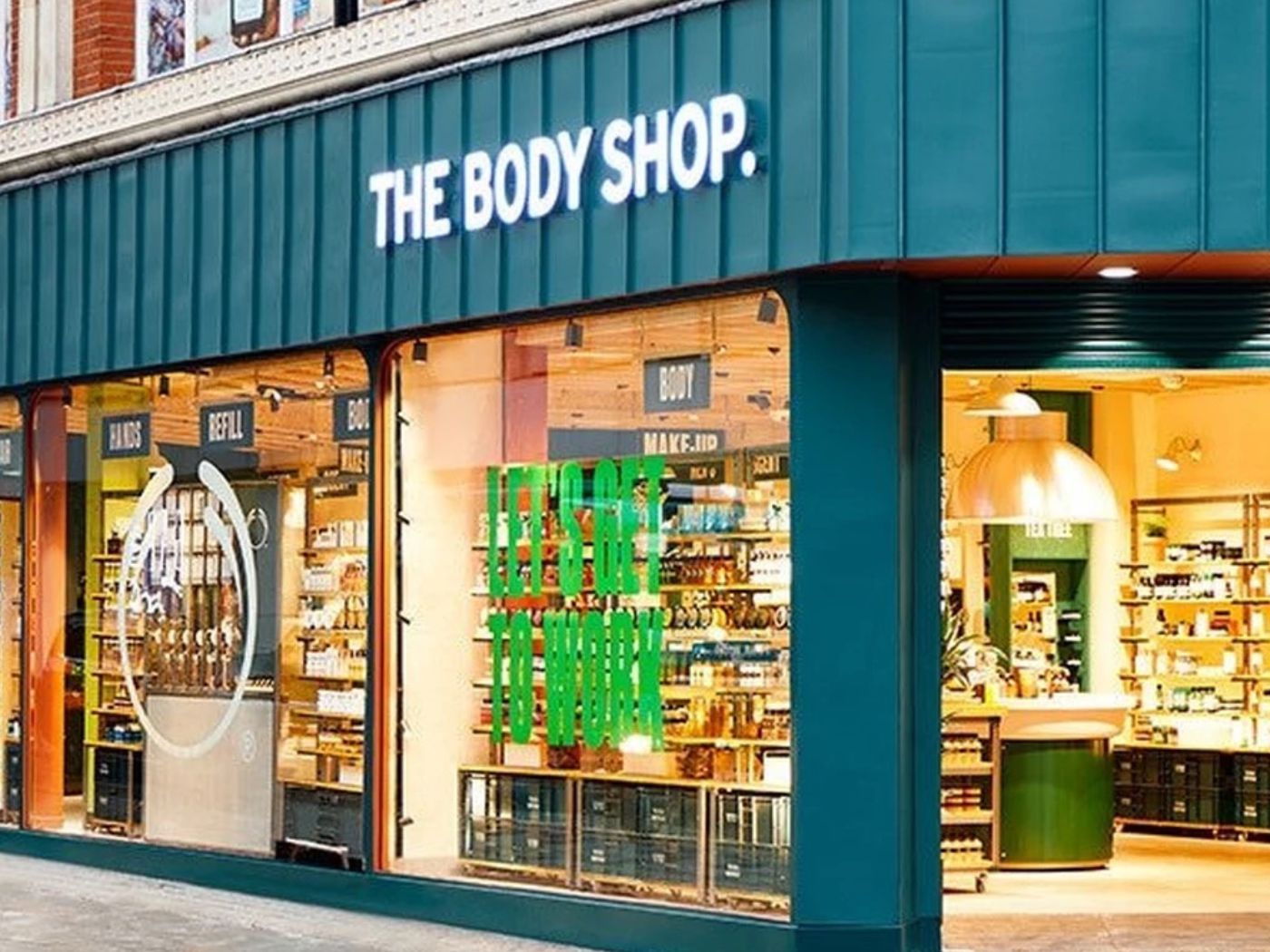Catherine Gore, President of Biossance, and Sheila Pollak, CMO, recently spoke with CEW Beauty News about how the brand pivoted in 2020, expansion in 2021 and spreading the brand’s clean beauty message.
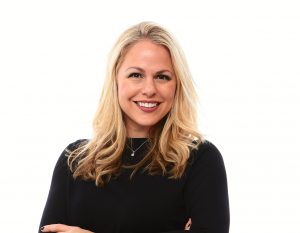
CEW Beauty News: How did Biossance manage over the past year?
Catherine Gore: I think for the consumer 2020 changed the trajectory of how they think about buying products to put on their skin. There are major shifts in the consumer’s life cycle in terms of when they decide to move toward healthier choices. Having a baby is one of them; the pandemic has been another. Our business really took off, sales were threefold the year prior’s sales.
We want there to be an educational element to that purchase journey. So it’s not just about buying our biodegradable squalane made from sugarcane without education, because on the surface I think the consumer really wants to make more sustainable choices. There are a lot of layers to that onion and you have to dig down, down to packaging and down to ingredients to get it right. That sort of curiosity really started ramping up in 2020.
BN: And your main distribution is direct to consumer?
CG: Yes, and we are sold in 13 countries and we continued with that expansion in 2020. We shifted, pivoted and learned as we went. All of our digital programs, everything from our paid advertising to things like our digital education platform, Clean Academy, that’s such a huge part of this brand. All of those things I think just helps us to be in a really good place.
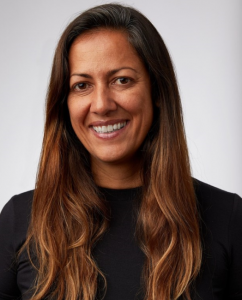
BN: How did you manage messaging throughout such a challenging year where sensitivity was and is a must?
Sheila Pollak: I think we’re a brand whose heart is in the right place. On every topic, we just went authentically all in. On Black Lives Matter, we donated more than $200,000 to different charities and really amped up our commitment. On the pandemic, we shifted to skin health. I think we just tried to be heartful, authentic and who we are as a brand and offer guidance where we have expertise.
BN: You said you’re in 13 countries. Did most of that expansion happen gradually?
CG: The brand just celebrated its fourth birthday. I would say it’s been more selective, but a lot of that happened last year, particularly in the U.K. and Australia.
BN: Is there a plan for this year as retail begins to open again, to expand in brick and mortar?
CG: Yes. Not necessarily in North America in a big way, but more international. There’s a lot of expansion there still to be had for the brand.
BN: What are some of your plans for 2021?
CG: Biossance is interesting because we have our brand, and then we sell our ingredients that we create. Amyris [Biossance’s parent company] is a sustainable ingredient machine. Through yeast fermentation we replicate molecules through sugarcane. And so squalane is one of those ingredients, but we have a lot more, like sandalwood, etc. So we have a huge B2B with ingredients, as well as DTC.
You’ll see a lot of innovation come through this year with more Amyris ingredients that have not been revealed yet, which is exciting. It’s based on the idea that we recognize an endangered species or plant in the environment and we recreate it in the lab. In the case of saving sharks it’s squalane; in the case saving sandalwood, an endangered plant, it’s using sugarcane.
BN: Tell me about your new brand campaign.
SP: It’s about telling our story a bit more overtly and crystallizing our key differentiators around our superpower of squalane. Also, the fact that we were born from biotech and a community of change-makers. They’re super passionate to be on this journey to create a more sustainable future. We’re working on having bigger brand moments throughout the year. So you’ll see more around Earth month now, and you’ll see more around oceans during World Ocean month in June. There will be content around education. We really want to be that go-to source for customers who are still pretty confused about clean beauty, and make sure we’re able to break things down in a science-driven way, but simply and in an entertaining way.
BN: What’s your strategy for partnering with influencers?
SP: We have a range of influencers who we partner with who feel authentically drawn to our mission. It’s also a really diverse group. I think back to the issues we talked about earlier, in terms of Black Lives Matter, but also diversity in general. In this industry it’s important to us that we have a really great range of ambassadors and people in this family.
BN: Talk about balancing your positioning of being clean but also biotech. So you’re not natural, but yet you’re clean. How do you educate the consumer there?
CG: We use the term clean synthetics a lot. Historically, there is a myth that needs to be busted about this trade-off between clean and efficacy. The forefront of our mission is to prove without a shadow of a doubt that clean and clinical are synonymous. That’s why we invest so much in our scientists and clinical data. We publish white papers, scientific data on all of our ingredients and products. It’s quite deep in terms of the level of science we go to. And it’s ultimately to prove this point that clean and clinical are one and the same.
There’s an apprehension about science in the beauty industry that can feel quite daunting. The consumers’ perception is our reality. Whether it’s the term clean, whether it’s the term food synthetics, whether it’s more science based.
BN: Even though Biossance is clean, do you find that there’s a barrier to entry in certain clean retailers who have these lists of what you can and can’t be?
CG: Yes. To some extent, it really is a shift in messaging and I think it has to be more about what it is rather than what it isn’t, and what it can do for your skin. We’re in the clean section of Sephora and also the section called The Next Big Thing. We have multiple exposures.
